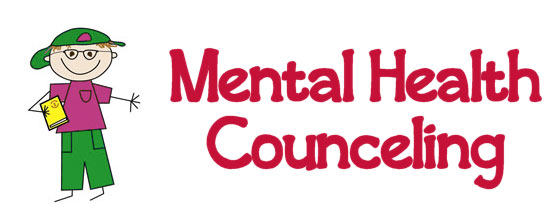It is important to take care of yourself to get the
most from life. Whenever we talk about health, our conversations mainly revolve
around physical health, totally overlooking our psychological well-being. Huge
strides have been made in destigmatizing mental illness and treating mental
illness with therapy, medication, and other supportive services over the last
decade. Taking care of your mental health goes beyond seeking professional
support and treatment, it also means adopting measures to improve your
emotional health on your own. Making these changes will pay off in the long
run, and making these simple changes to how you live doesn’t cost a fortune or
take up loads of time.
Here are some of the most impactful and least
intimidating ways to take care of your mental
health and wellness, New York City:
Stay Positive- According to research, how you think about yourself can have a powerful effect on how you feel. Avoid self-criticism, and start to
value yourself. Make time for yourself, for your hobbies, and broaden your
horizons. Surround yourself with people you are comfortable with since
individuals with strong family or social connections are generally healthier
than those who lack a support network. There’s nothing like helping someone,
volunteer your time and energy to help someone else.
Make A List of Things You Are Grateful For- Gratitude has been linked with improved well-being and mental health.
Find something to be grateful for everyday and turn it into a habit to
experience long-term benefits.
Live in The Present- You cannot change your past and
the future is not in your hands, so be mindful of the present moment which will
help you let go of negative or difficult emotions from past experiences that
weigh you down. Stop planning too much for the future as you might miss on the
great moments that are unveiling right before you. Living in the present will
make you happier.
Eat Well- Your brain needs a mix of nutrients to stay healthy
and work properly, just like the other organs, so eat a healthy balanced diet
that’s good for your physical as well as your mental health. A healthy balanced
diet includes plenty of fruits and vegetables, nuts and seeds, oily fish, dairy
products, wholegrain cereals or bread, and plenty of water. Nutrients from
these foods can restore structural integrity to the brain cells necessary for
cognitive function.
Keep Active- It’s no secret that exercise also keeps the brain and
the other vital organs healthy. According to experts, exercise releases
chemicals in the brain that make you feel good, and the body releases stress-relieving and mood-boosting endorphins before and
after you work out. Aim for at least 30 minutes of exercise daily to get the
most benefit, and try to do it outdoors.
Seek Help- There’s nothing wrong in asking for help. Talk to
your loved ones. If things are getting too much for you and you feel you can’t
cope, find a counselor to help you deal with your feelings or make a fresh
start.
Contact Us:
Harlem East Life Plan
Telephone: 212-876-2300





